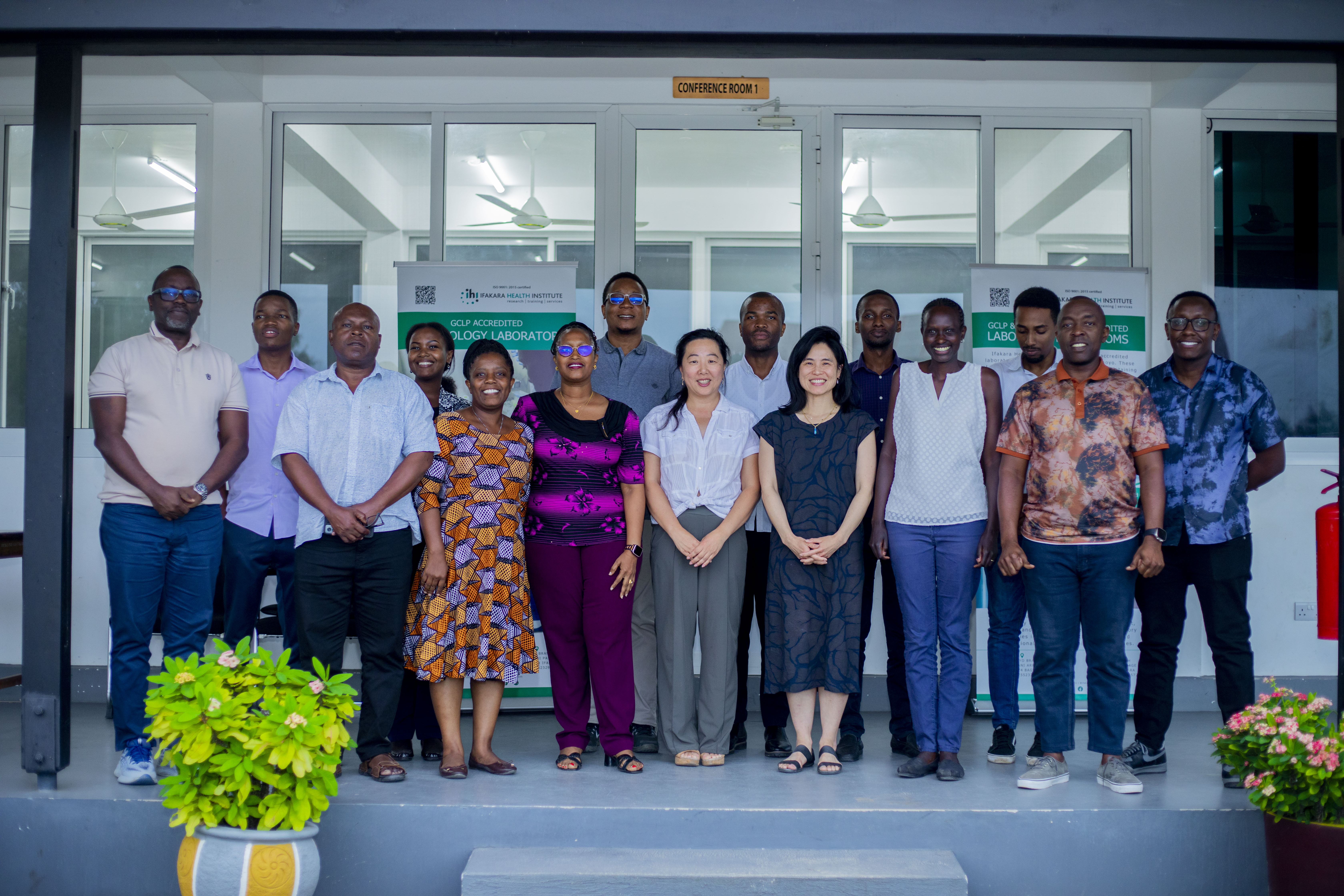
PROGRESS: Ifakara, partners share promising malaria study results at 3rd CHILD Annual Meeting

On June 24, 2025, The Ifakara Health Institute (IHI), in partnership with the University of California, San Francisco (UCSF), Swiss TPH, and Stanford University, proudly hosted the third annual meeting of the Child Health and Infection with Low-Density Malaria (CHILD) project in Bagamoyo. The meeting brought together local and international collaborators both in person and virtually to review progress, share preliminary findings, and shape the future of this transformative study.
This annual event continues to reflect Ifakara’s commitment to advancing public health through rigorous research and global collaboration. It provided an opportunity for the team to reconnect, engage in in-depth discussions, and receive feedback from a diverse group of stakeholders—including the District Medical Officers from Bagamoyo and Chalinze, where the study sites are located.
The CHILD project is a five-year study (April 2022-March 2027) implemented by Ifakara and partners that assess the long-term health and socioeconomic impact of interventions targeting low-density malaria infection (LMI) among children in Tanzania.
Learn more about the CHILD study here.
Reviewing impact: Promising early results
The CHILD study, now two years into its implementation, is already yielding promising results. The meeting highlighted significant progress in malaria control and child health in the study areas, particularly in Kiwangwa and Fukayosi:
- 29% decrease in the incidence of RDT-positive malaria episodes overall.
- 30% of participants received antimalarial treatment at least once after testing positive by RDT or qPCR.
- 20% reduction in all-cause sick visits and a 28% drop in fever episodes among children in Kiwangwa.
- 53% reduction in malaria incidence among children under 6 years in Kiwangwa.
- Early signs of reduced anemia and lower stunting rates were observed in children aged 6–11 years in Kiwangwa and children under 6 in Fukayosi.
These early findings demonstrate the potential of targeted interventions against low-density malaria to not only reduce disease burden but also improve overall child health in endemic areas.
Looking ahead: Extending the study timeline
Despite the encouraging outcomes, the team noted that the findings were somewhat underpowered—only 5% of qPCR-positive cases had negative RDT results, indicating the need for further follow-up. In response, the project will extend the participant follow-up period by six more months, through the end of 2025, to gather additional data and strengthen the study’s conclusions.
Strengthening collaboration for greater impact
This year’s meeting reaffirmed the importance of the CHILD project and the robust collaboration between Ifakara and its international partners. The discussion also emphasized the importance of sharing the study’s insights more broadly through future conference presentations and peer-reviewed publications.
The Ifakara Health Institute remains deeply committed to tackling malaria and other public health challenges through evidence-based strategies. With continued collaboration and extended follow-up, the CHILD project is on track to further shape malaria prevention efforts and improve child health outcomes across Tanzania and beyond.
